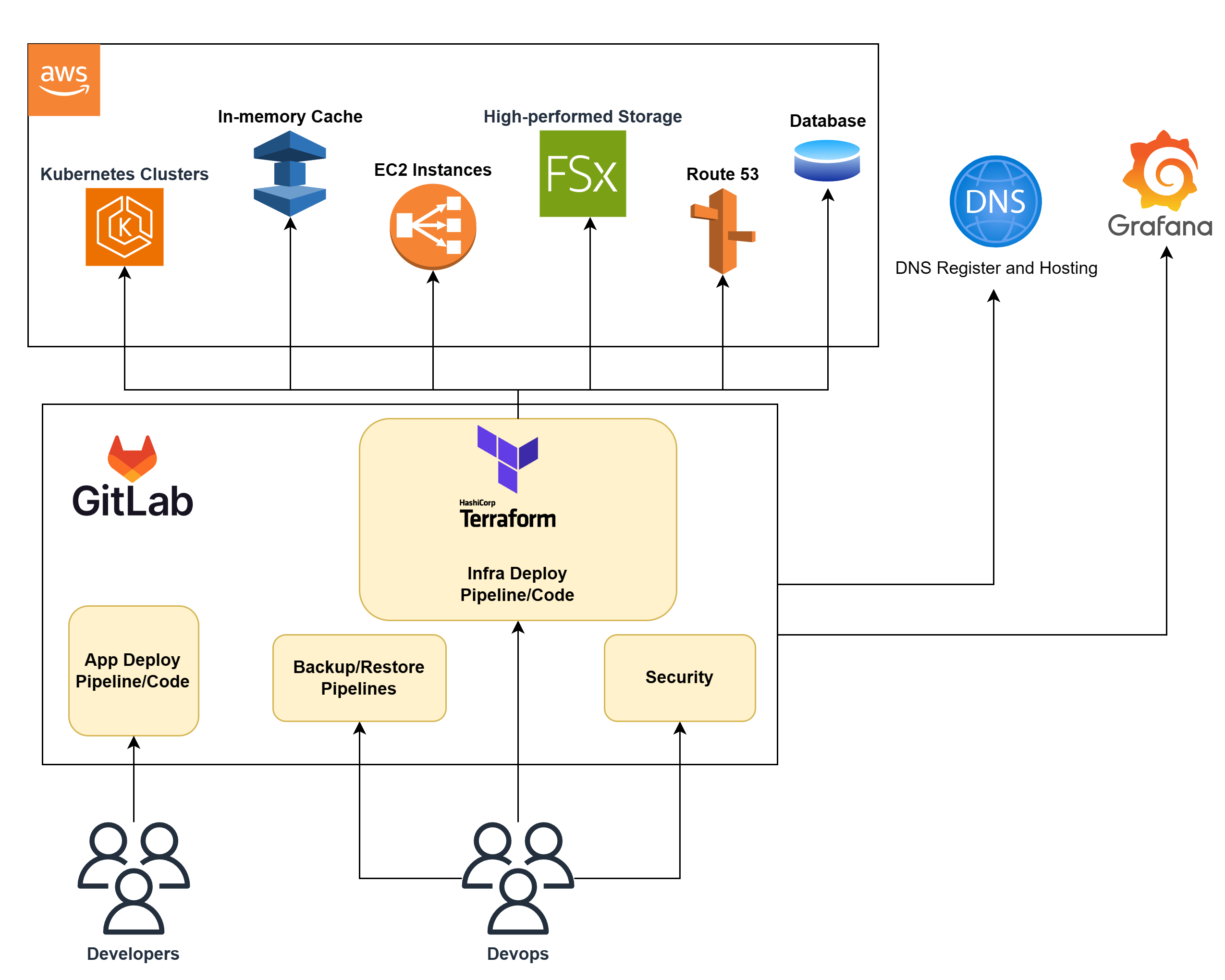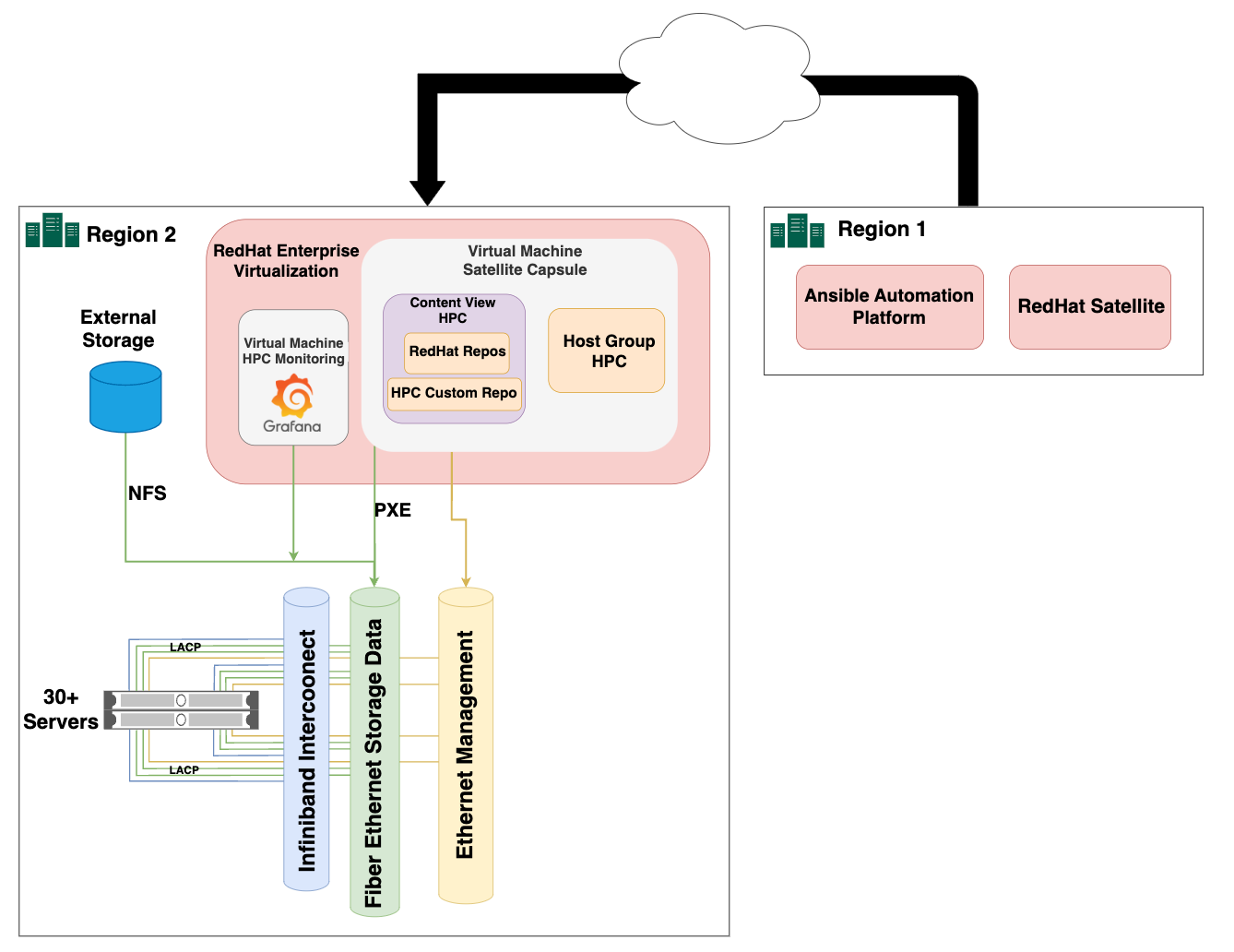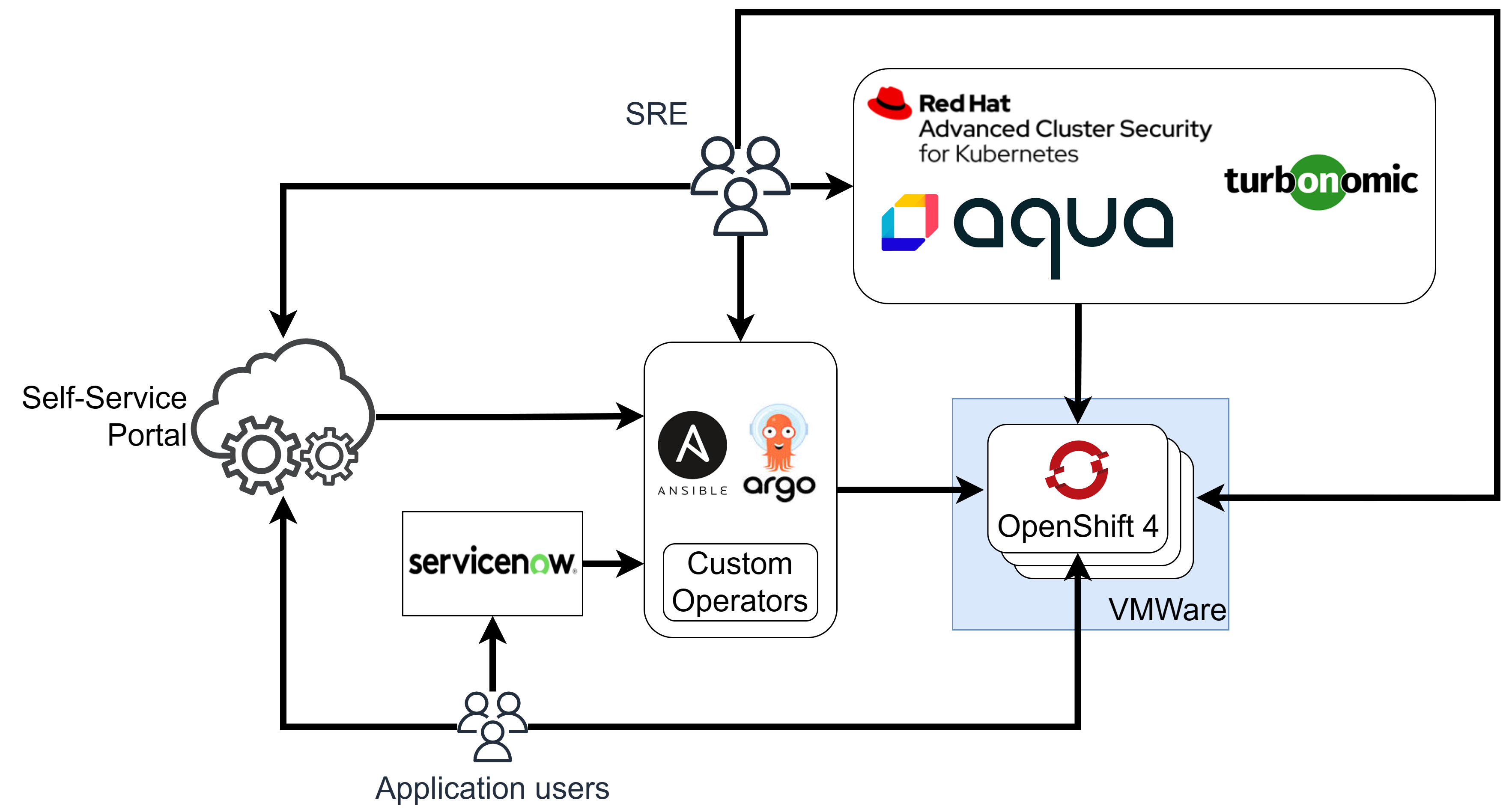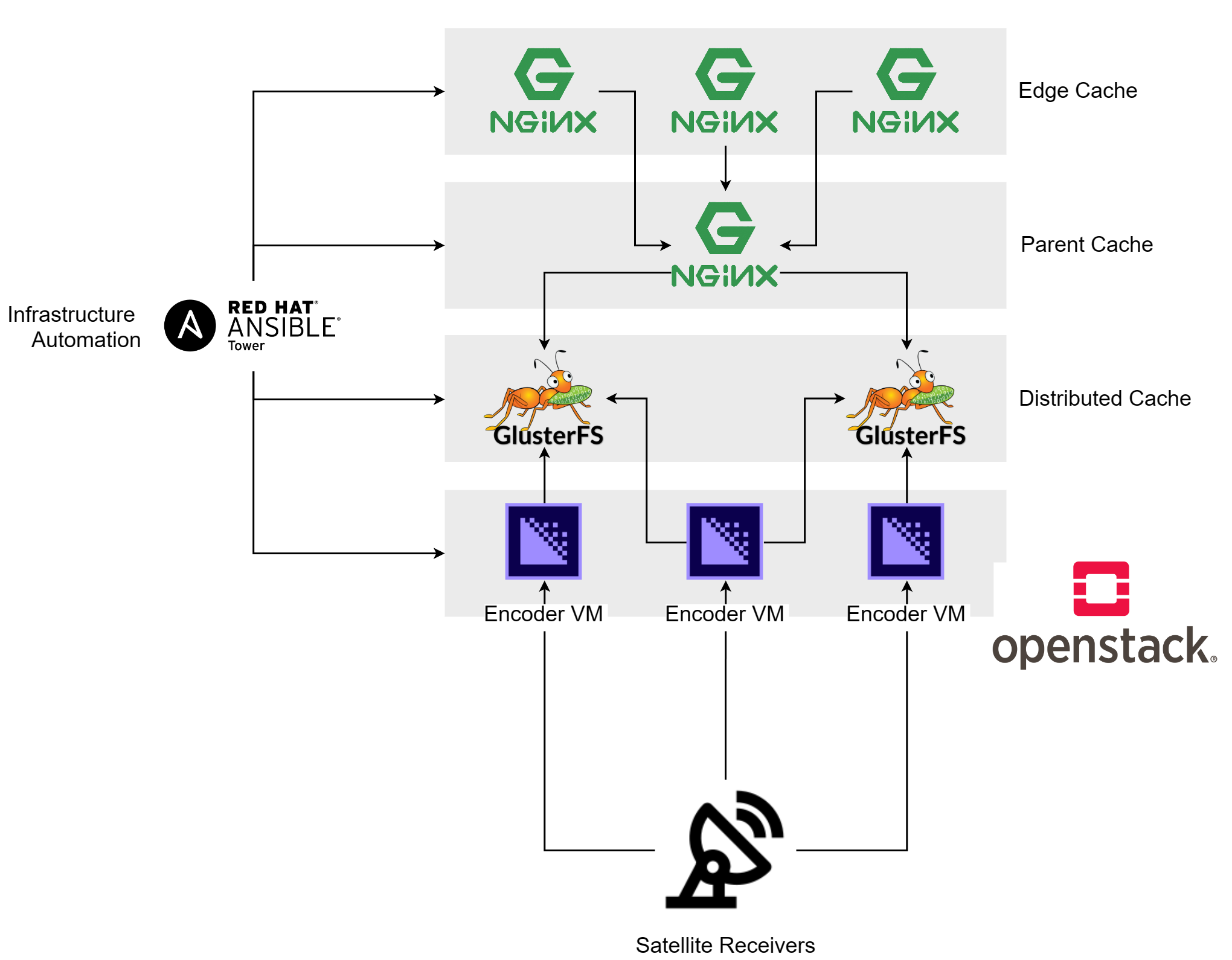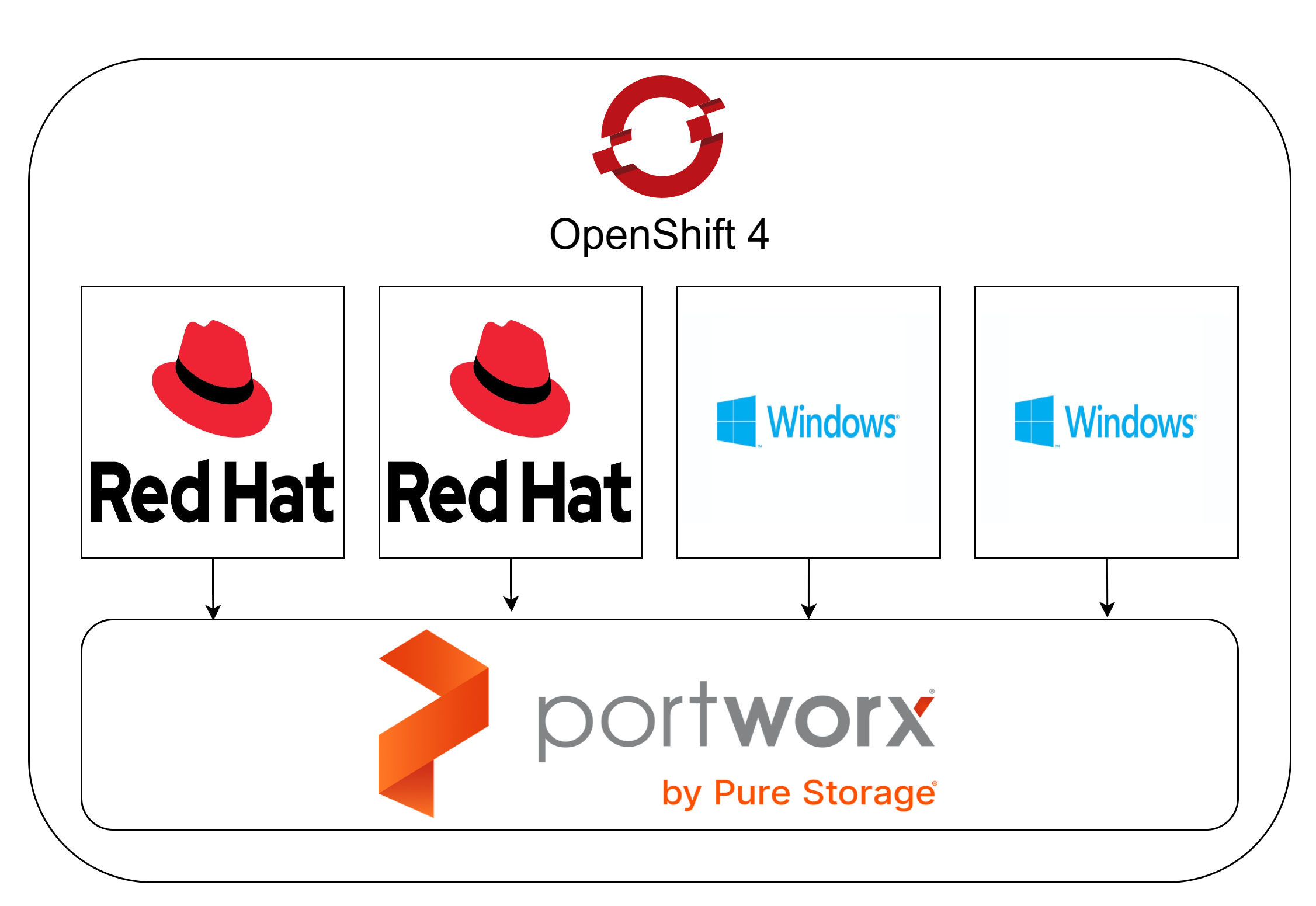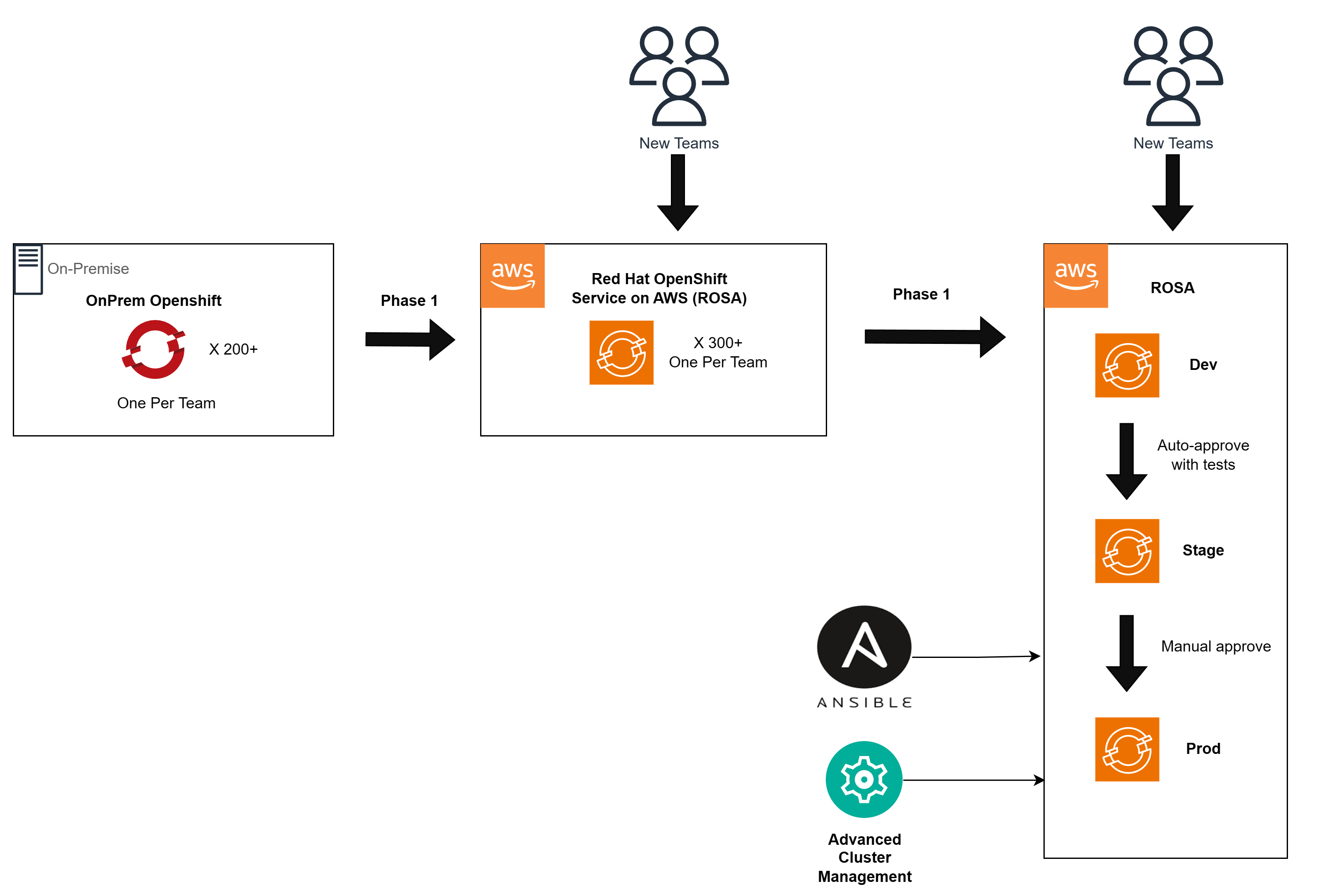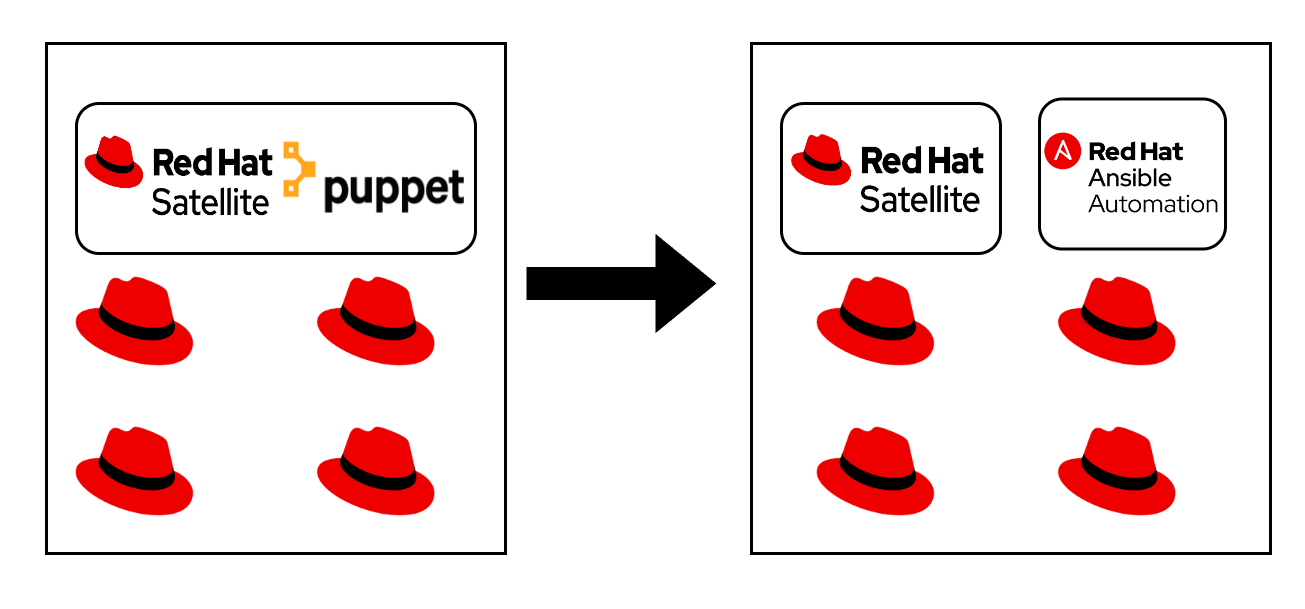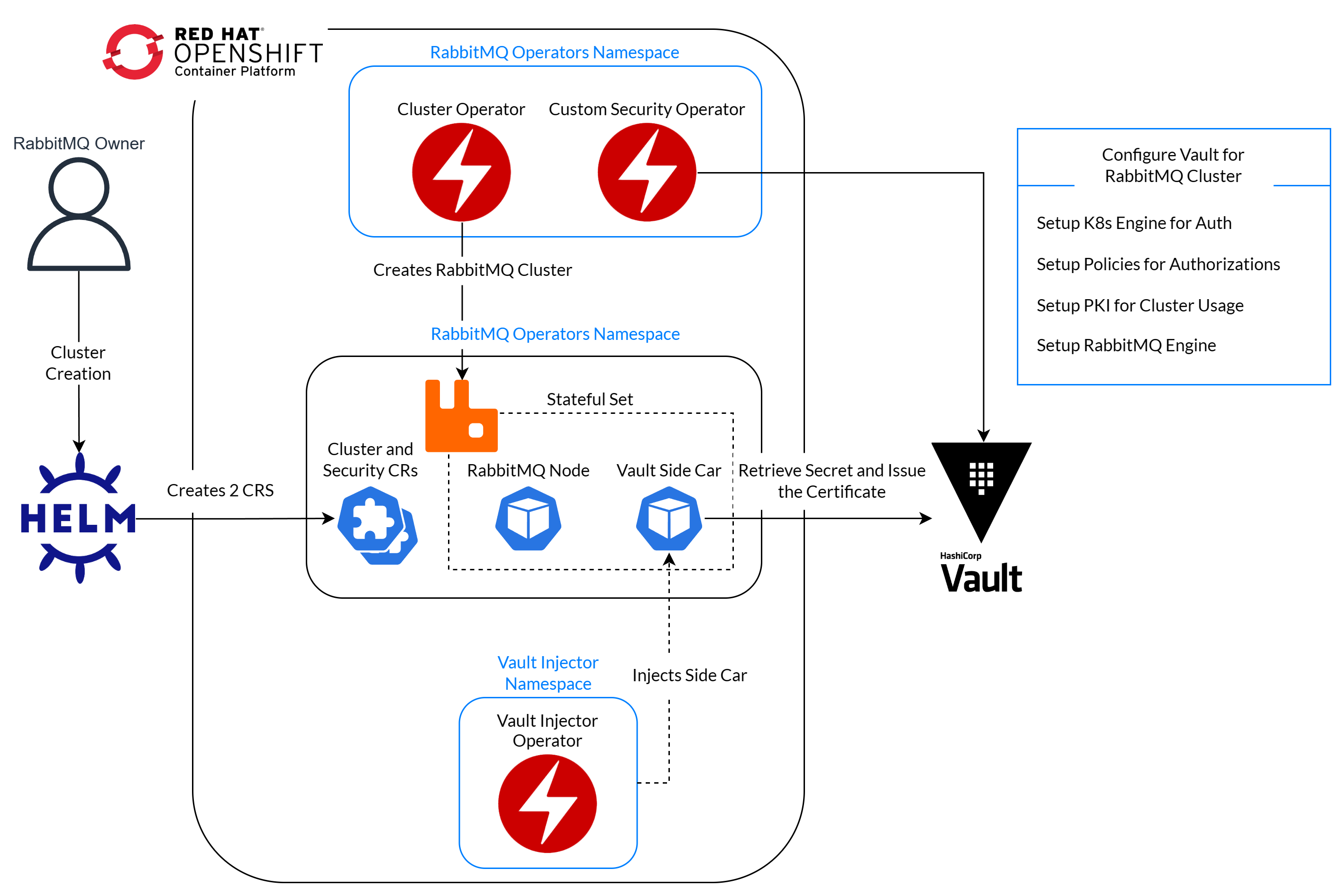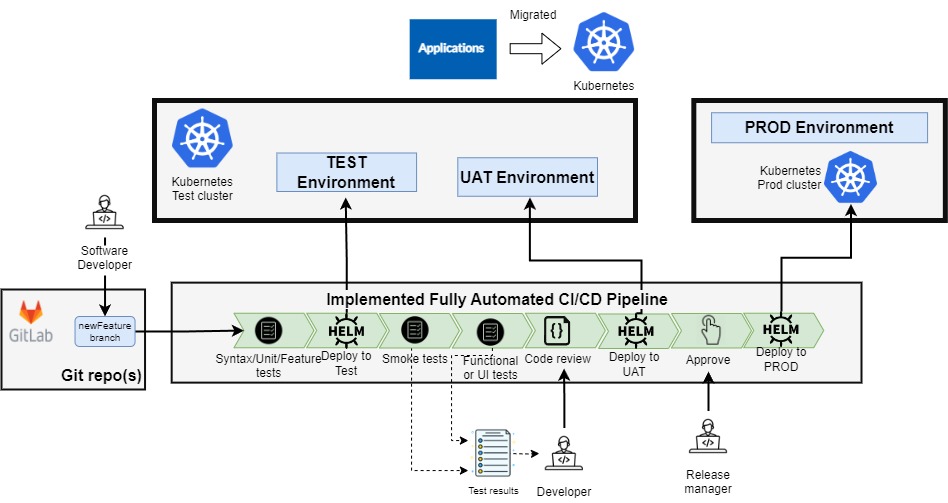Li9 Success Stories
Customer and Partner Comments
To ensure that our solutions meet customer expectations and achieve desired business value, Li9 leverages best-practice project management that includes at least:
Privacy
Maintaining confidentiality and transparency is essential with Li9 projects. Li9 treats all project-related information as confidential and provides designated customer stakeholders with access to this information throughout the project.
Tailored
At Li9, we customize our solutions to align with each client’s specific business needs,
Defined Outcome, Scope, and Deliverables
A well-defined project scope and outcomes are fundamental to a successful project. Li9 works closely with customers to clearly understand their expectations and deliverables. Defining and documenting all expected project milestones and timelines are key.
Project Management
Each Li9 project includes project management from initiation to completion to ensure the project is on time and budget with clear communication between Li9 and our customers.
Change Management
Every project is subject to changes, and managing these changes effectively is crucial for the project’s success. Requested changes are reviewed with customer stakeholders and the Li9 project team with agreed effect on scope timeline, and costs.
Customer Acceptance
Li9 projects include an agreed-upon customer acceptance process to ensure that our customer’s expectations for the project deliverables and timelines are met before the project is considered complete and successful.
Biotech – Infrastructure as Code in AWS
1. Use docker-compose on local desktops
2. There aren’t monitoring and logging services
3. There isn’t a backup/restore strategy
4. Hard to reproduce an environment(no automation)
5. Manual promotion
6. Poor documentation
1. Terraform implementation with Git integration
2. Use EKS, RDS, EC, EC2 in AWS, migration to Cloud
3. Gitlab CI/CD implementation
4. Grafana Monitoring/Logging stack implementation
5. Knowledge sharing
1. Fully automated, reproducible infrastructure
2. Proactive problem identification and prevention
3. Disaster Recovery plan is ready
4. High-available and robust infrastructure
5. Documentation for developers and DevOps
6. Improved security of the development process
Energy – High Performance Compute Cluster
1. Lack of computing resources for weather prediction
2. Use internal Ansible playbooks in satellite
3. There isn’t a monitoring subsystem
4. Poor documentation
5. No support for HPC cluster
6. Lack of knowledge about HPC
1. Ansible Tower integration with Satellite
2. HPC cluster automation development
3. Weather Software build and compile automation
4. Grafana Monitoring/Logging stack implementation
5. Knowledge sharing
1. Fully automated, reproducible infrastructure
2. Proactive problem identification and prevention
3. X10 faster than the previous cluster
4. Central place of ansible roles for Satellite
5. Documentation for developers and DevOps
6. Post-implementation support from Li9
Bank – OpenShift Kubernetes at Scale (Hundreds of Clusters)
1. How to simplify OpenShift cluster delivery?
2. How to manage hundreds of OCP clusters?
3. How to integrate clusters with the ecosystem?
4. I want to enforce some standards
5. How to deliver dozens of changes a day?
6. How to simplify application onboarding?
1. OpenShift on VMware with Porworx Enterprise
2. Ansible/ArgoCD/ACM to provision clusters
3. Everything-as-a-Code (applications, test suites, infrastructure, workflows, documentation)
4. Created many custom operators to simplify onboarding
5. Enforce security via AquaSec and ACM policies
1. 1h to provision a new OpenShift cluster
2. A few SREs can manage an entire cluster fleet
3. Every cluster is fully integrated with the bank ecosystem
4. Low efforts to test and deliver a new change
5. High code quality because of testing
6. Dramatically shortened release cycle
Telecom – IPTV Service with High Level of Automation
1. Hundreds of interacting services
2. Slow development & release cycle
3. High development costs
4. High support costs
5. High costs of CDN
1. Hosting IPTV services on OpenStack
2. Ceph and Gluster as video storage
3. Full-scale automation with Ansible
4. CDN developed from scratch
5. Standard monitoring and log analysis
1. Thousands of users
2. New data center is up in a day
3. Accelerated development lifecycle
4. Reduced support costs
5. CDN costs reduced by twice
Bank – Windows Containers Infrastructure
1. How to run my Windows apps on OpenShift?
2. Is there persistent storage for Windows Pods?
3. Windows containers are not the same as Linux
4. Can I integrate Windows with the OCP ecosystem?
5. Windows users are lacking Kubernetes skills
6. It is quite time-consuming to onboard a Windows app
1. Dozens OpenShift clusters with Windows support
2. Portworx Enterprise storage with Windows support
3. Native Windows application authentication
4. Custom application onboarding operators
5. Extensive knowledge sharing
1. Same process to manage Linux and Windows pods
2. Both Stateless and Stateful Win application support
3. Application migration automation and guidelines
4. Seamless application migration process
5. Dramatically shortened release cycle
6. Windows users are up to date with Kubernetes
Airline – OpenShift Migration (Hundreds of Clusters)
1. Each team has its own Openshift cluster
2. Each cluster is in its own AWS account
3. High costs on AWS infrastructure
4. There isn’t a central management system
5. A lot of effort on support
6. Long onboarding process
1. Implemented Ansible Automation Platform
2. Multiple workloads migrated to one ROSA cluster
3. Continuous Delivery is implemented
4. Namespace/Workload onboarding is designed
5. Knowledge sharing
1. Decrease onboarding time
2. Dramatical AWS cost saving
3. Full test and development cycle from testing to prod
4. Alignment with Ansible best practices
5. Centralized management configuration system
6. Decrease number of support cases in 10 times
Bank – Puppet to Ansible Migration (50,000 Linux Servers)
1. Satellite manages 50k servers using Puppet
2. Satellite retires Puppet support
3. Puppet to Ansible migration is required
4. AAP2 should be integrated with Satellite parameters
5. The migration is very time-sensitive
6. We are lacking Ansible skills
1. Implemented Ansible Automation Platform
2. All puppet modules migrated to Ansible roles
3. Satellite smart class parameters integration
4. Custom Ansible collections/modules/plugins
5. Knowledge sharing
1. Configuration management with Ansible
2. No downtime for existing servers
3. Everything is under appropriate version control
4. Alignment with Ansible best practices
5. Improved release management
6. Flexible control over groups of managed hosts
Bank – RabbitMQ Cluster Creation Self Service
1. Manual resource provisioning
2. Fragmented knowledge
3. Lack of expertise in containerization
4. Highly regulated environment
1. Helm charts repository checked out and values modified for application requirements
2. Custom operator does all required configuration in Vault and cluster operator brings up cluster with required configuration
3. Resource deletion is handled in the same manner
1. Simplify Vault usage, eliminate Vault deep knowledge requirement
2. Faster onboarding for application development teams
3. Security requirements are enforced by operators
Finance – Increase SW Development Productivity
1. Outdated IT department operations
2. Long release cycles (4-5 releases a year)
3. Real development time is less than 10%
4. Lack of standardization
5. Frequent bugs causing low-quality product
1. Migration to Kubernetes for flexible and scalable application deployment
2. Implemented automated testing (smoke, functional, security, performance)
3. Automated build and release pipelines for frequent micro-releases|
4. Fostered a culture of fast feedback loops for rapid problem identification and resolution.
1. Real development time increased to over 50%
2. Standardized development environment
3. 5x improvement in IT development productivity with daily/weekly releases
4. 10x reduction in bugs and substantial improvement in product quality
1. Transparency fuels informed decisions and happier stakeholders
2.Time to market for new solutions launched from months to weeks
3. Company-Wide Impact: Success across ALL IT and most NON-IT projects, proving the power of structured approaches
Bank – OpenShift Cluster Provisioning Automation
1. Manually provisioning, configuring, and managing OpenShift clusters was a complex and time-consuming process. This slowed down innovation and created bottlenecks in the development pipeline.
2. Without a centralized approach, there were inconsistencies across OpenShift environments, leading to potential security issues and difficulties in troubleshooting.
3. The organization needed to deploy, configure, and manage multiple OpenShift clusters, but the manual process could not scale to meet demand.
1. Ansible was used to automate the provisioning and configuration of customer infrastructure for OpenShift clusters. This included tasks such as allocating IP addresses, creating DNS records, setting up F5 load balancers, and configuring certificates.
2. A GitOps approach streamlined cluster deployment and the continuous configuration of standard components like operators, log forwarders, authentication mechanisms (auth), Role-Based Access Control (RBAC), monitoring tools, and security hardening.
3. OpenShift, a powerful container orchestration platform based on Kubernetes, provided a robust and scalable foundation for application deployment.
4. ACM enabled centralized management of multiple OpenShift clusters from a single point of control, enhancing visibility and streamlining operations.
1. The combination of Ansible’s automation and GitOps’ streamlined deployment reduced the time needed to provision a new OpenShift cluster to a mere minute. Complete cluster setup with all integrations was achieved in less than 1.5 hours, vastly accelerating application delivery.
2. GitOps, as a “single source of truth” model, ensured consistency and security compliance across all OpenShift environments.
3. Centralized management capabilities through ACM significantly simplified the administration and lifecycle management of multiple OpenShift clusters.
4. The automation-driven approach allowed the organization to easily scale its OpenShift infrastructure on demand, supporting business growth.

